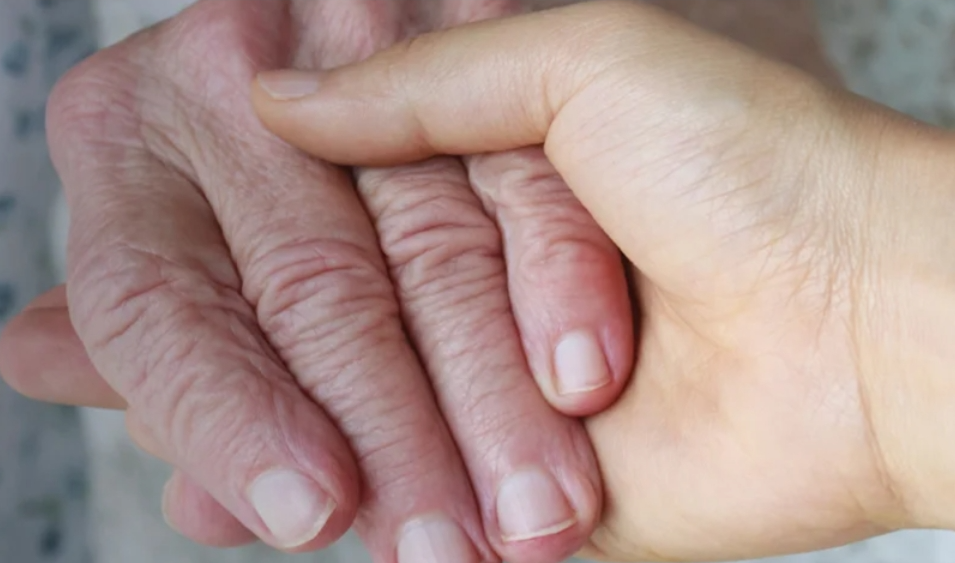End of Life Care | Social care | Palliative care social work



Session overview
Description
This session describes the role of palliative care social workers. It highlights the diversity of the role within a multidisciplinary context and describes how palliative care social workers provide a link between health and social care.
This session was reviewed by Emily Madsen and Sarah Hanrott and last updated in November 2024.
Learning objectivesBy the end of this session you will be able to:
- demonstrate an understanding of the palliative care social worker role
- recognise the working links between palliative care social workers and social workers in local authorities
- describe the role of the palliative care social worker in the multidisciplinary team
- recognise how the common core competences for end of life care and the social care framework inform practice
- recognise good practice in partnership working through the use of a case study
Before commencing this session you may find it useful to complete:
- Supporting people to live and die well (215-0601)
Social care workers have a vital role to play in supporting people to live and die well.
Traditionally, end-of-life care has been viewed only as a specialist area of work, beyond the scope of most workers. In reality, however, end-of-life care is far more than specialist care. It incorporates every element of a person's daily life when they are nearing the end of their life.
Many social care workers in a range of settings will at some time find themselves offering support to an individual in the final stages of life. It is important that the social care workforce, from domiciliary care workers to social workers and their managers, have the knowledge and skills and are prepared and able to make a positive contribution when it is needed [1].

- Pacific Islands Immunisation Course
- Posted By Australian College of Nursing (ACN)
- Posted Date: 2025-03-12
- Location:Online
- The Australian College of Nursing’s (ACN) Pacific Islands Immunisation Course is designed for nurses...
- Graduate Certificate in Nursing (Re-entry)
- Posted By Australian College of Nursing (ACN)
- Posted Date: 2025-03-12
- Location:Paramatta SA 5558
- Career break? Re-enter nursing with confidence The Graduate Certificate in Re-entry is designed...
- Clinical Issues in the Care of the Older Person
- Posted By Australian College of Nursing (ACN)
- Posted Date: 2025-03-12
- Location:Online
- This unit of study is designed to explore, consolidate and apply clinical knowledge of acute and chr...
- Principles of Palliative Care Nursing
- Posted By Australian College of Nursing (ACN)
- Posted Date: 2025-03-12
- Location:Online
- This unit of study is designed for nurses working in a variety of settings such as general wards, sp...
- Healthy Ageing
- Posted By Australian College of Nursing (ACN)
- Posted Date: 2025-03-12
- Location:Online
- This unit of study is designed to optimise the student’s understanding of what it is like to age in ...



